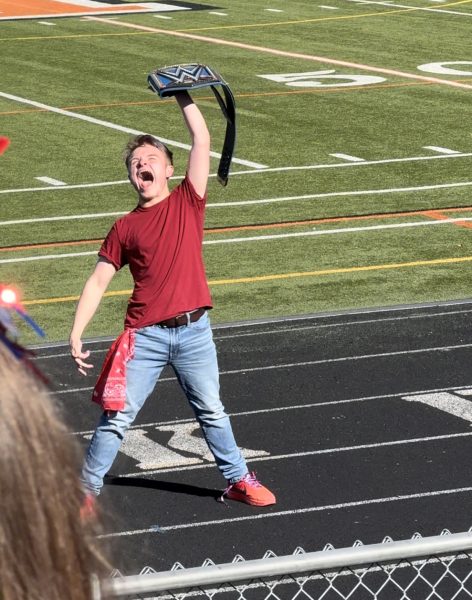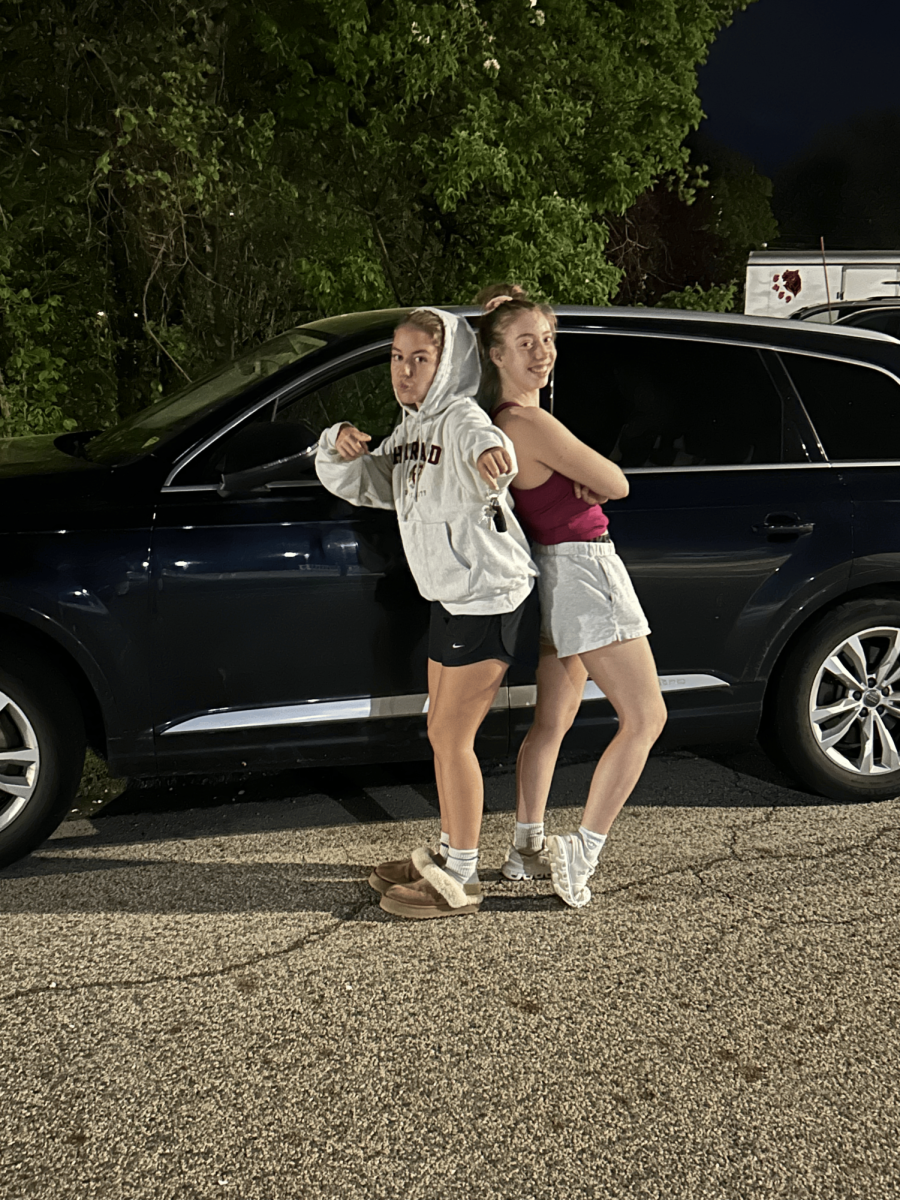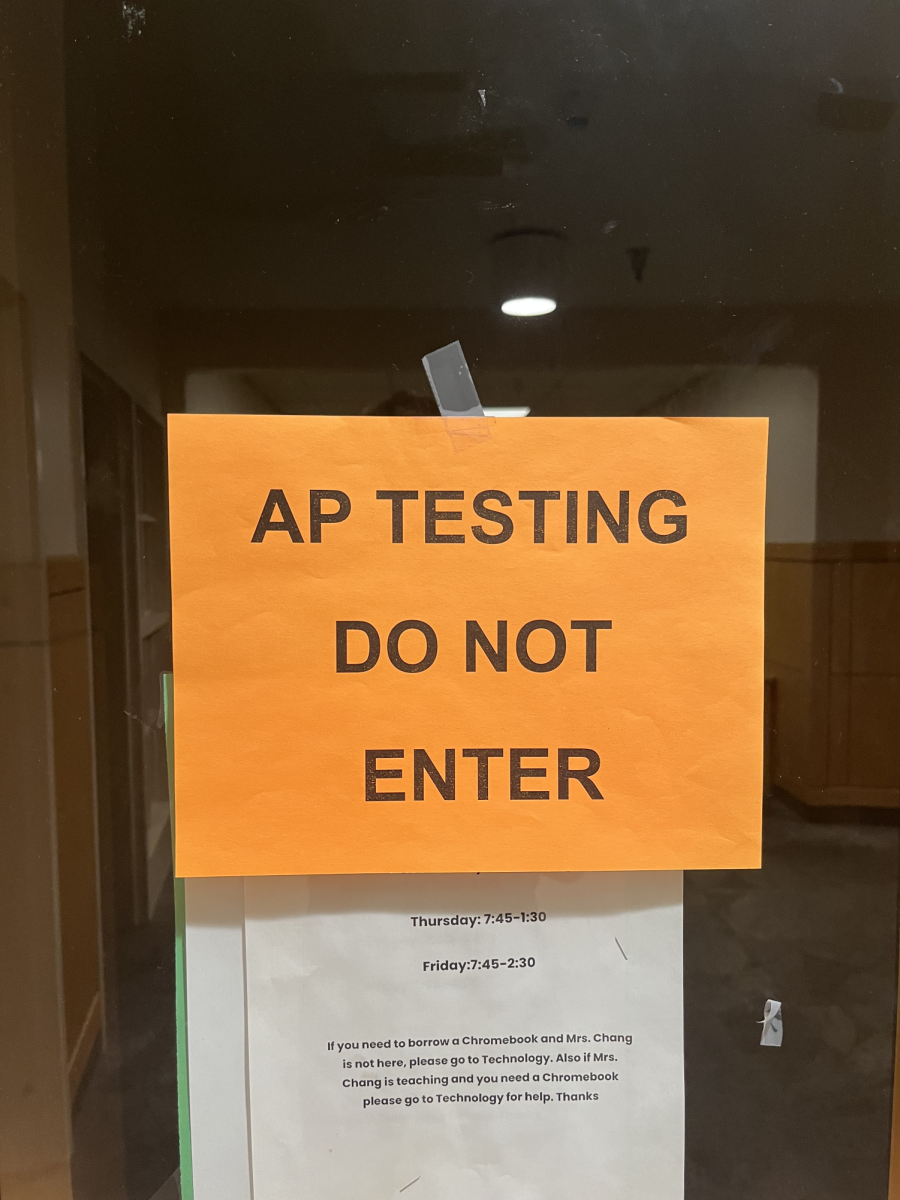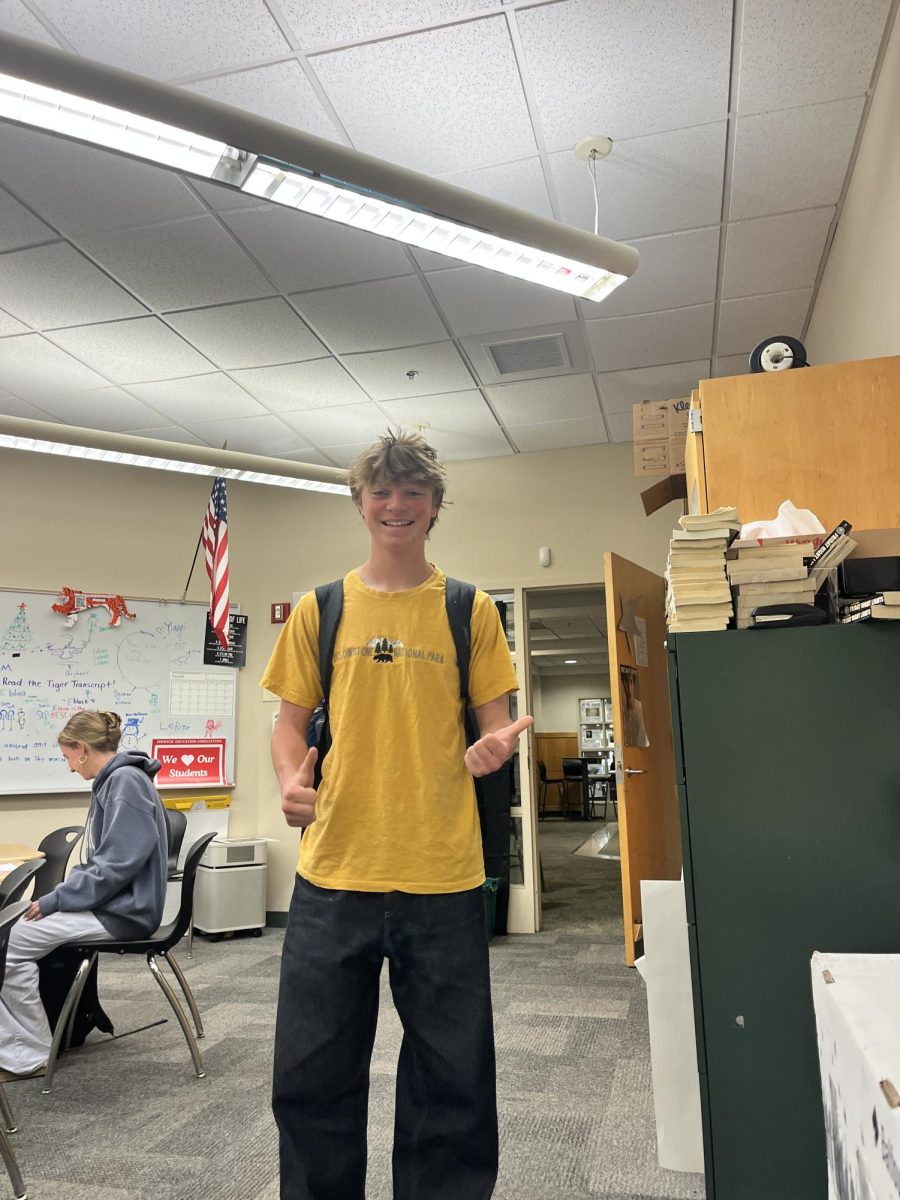The high school experience is full of stereotypes. Some may not be truthful, like the “Queen Bee,” but others can be. Cliques, defined as a small group of people with similar interests and common features, plague high schools all across the country. As stated by an article in the Chicago Tribune, a study, performed by Doctor Rachel Gordon of the University of Illinois Chicago, identified twelve basic types of cliques: populars, jocks, floaters, good-arts, fine arts, brains, normals, druggies/stoners, emo/goths, anime/manga, loners and racial/ethnic groups.
Although these twelve categories may not mirror our school’s social environment exactly, there’s no denying the presence of cliques at Ipswich. As Mr. Caulfield stated: “It’s natural in high school to gravitate towards people you have things in common with, and then just kind of stick with those people.” This is evident in the fact that a lot of people play the same sports or are in the same clubs as those in their immediate friend groups.
That being said, are cliques more prevalent in certain grades? When trying to answer this question our thoughts were drawn to the senior class of 2024. From the inside it seems like the senior class can be quite cliquey. Most people are friends with a small group of others and do not interact with those outside it when they can help it. This, of course, is not a great attribute.
As put by a member of the class of 2024: “Spirit week was a demonstration.” The senior class recently took a blow losing the 2023 spirit week to the freshman class. Our source attributes the loss to not being able “[to work] together as a team.”

Daniel Buletza, a member of the class of 2022, had a different high school experience. He says his grade was “pretty not cliquey.” He felt that everyone had a shared general sense of respect. However, he recognizes that this is pretty out of the ordinary.
What makes the class of 2024 so different? One theory is the timing of the COVID-19 pandemic. Eighth grade is a difficult time for most teenagers; for our class a global pandemic was added on top of that. The end of middle school is typically a fun time at Ipswich. With exciting bonding experiences, like the Washington DC trip down the drain, we were stuck in our rooms while our social lives existed on our cell phones.
When COVID happened, friend groups became physically smaller because we were encouraged to only have a select amount of people in our ‘bubble’. In a UCLA study, 57% of participants reported that they kept in touch with “fewer” friends during/after the pandemic in comparison to before. It has taken a few years to bounce back from that and regain all of those “friend, but not best friend” relationships.
However, it might be deeper than that, there is likely a psychological element, as well. Psychology teacher Mr. Caulfield says, “I’m sure that [the pandemic] had some impact on how you interact with others… [8th grade is] a point when you’re continuing to form your identity, and your learning and ability to establish relationships were all impacted.”
Being in high school can be difficult. It is easy to write about the presents of cliques and their faults. Getting rid of them is much more difficult, and that goes for everyone, not just the class of 2024. Ultimately, there is hope. The end of high school can be a time to unite, to share memories with the kids you grew up with, and to think about your future in a place where you are surrounded by people who care about you.
Here are some words of wisdom from people who survived high school…
“Get off your phones, talk more face to face to build connections,” Mr. Mitchell said. If we want to bond more with our peers, the first step is to actually talk to them.
Mr. Caulfield is also looking for connections: “I’d like to see more crossover in my classes; it opens up discussions.” One of his goals for his senior psychology classes is to encourage his students to work with people that they don’t normally interact with and encourage them to learn more about each other.




